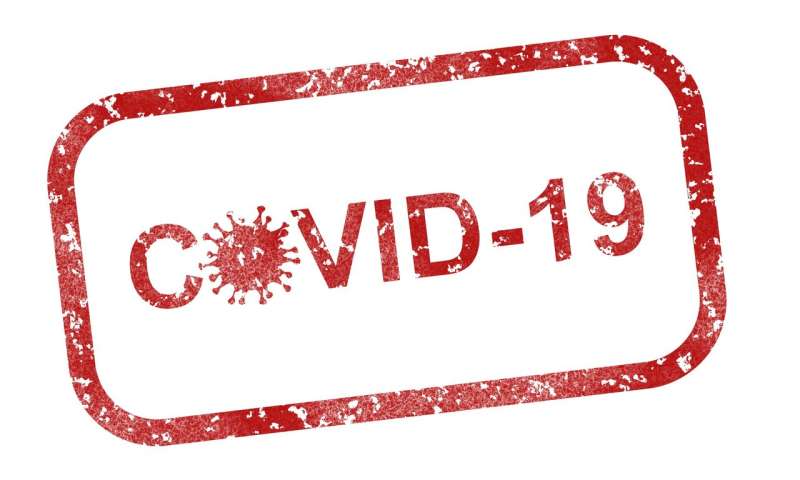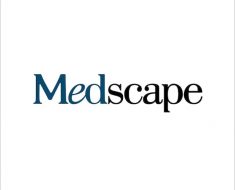
Organizations could improve the transparency and accountability of COVID-19 policy making processes by learning from safety-critical industries like aviation, a new paper shows.
The research, from the University of York, examines the modeling assumptions that have been informing the COVID-19 policy-making processes and to what extent these assumptions and their limitations are communicated to decision-makers.
Dr. Ibrahim Habli, from the Assuring Autonomy International Programme in the Department of Computer Science, said, “When making claims about risk in safety-critical systems, such as in the aviation industry, it is common practice to produce an assurance case. This is a structured argument, supported by evidence, which aims to assess how confident we should be in the decisions we make based on simulation results.
“We acknowledge the need for these simulation models to help us deal with the pandemic. We argue that any model that is used to guide critical policy decisions would benefit from being supported with such an assurance case to explain how, and to what extent, the evidence from the simulation can be relied on to substantiate policy conclusions. This would enable a critical review of the implicit assumptions and inherent uncertainty in modeling, and would give the overall decision-making process greater transparency and accountability.”
Source: Read Full Article





